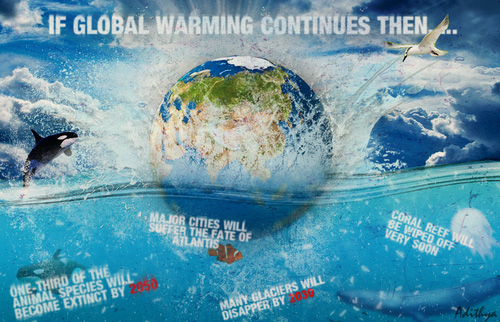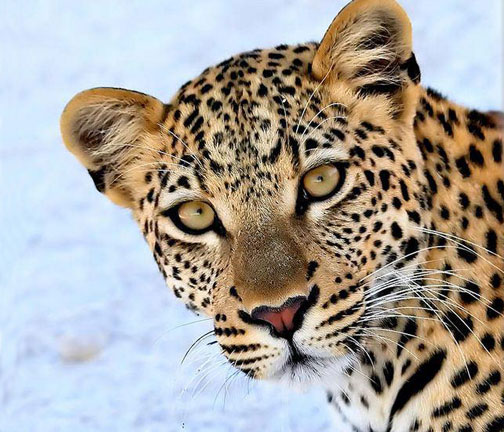Future Migrations as Earth Warms ( Animated Map, part 2)

Several years have passed since studies conclusively demonstrated hat global warming is altering where and when many animals feed and breed.
In 2003, two benchmark reports showed that more than 100 species have shifted their ranges toward the poles at an average of 4 miles a decade and that thousands of others were emerging, migrating or breeding days to weeks earlier than they did a century ago... Read more [...]









